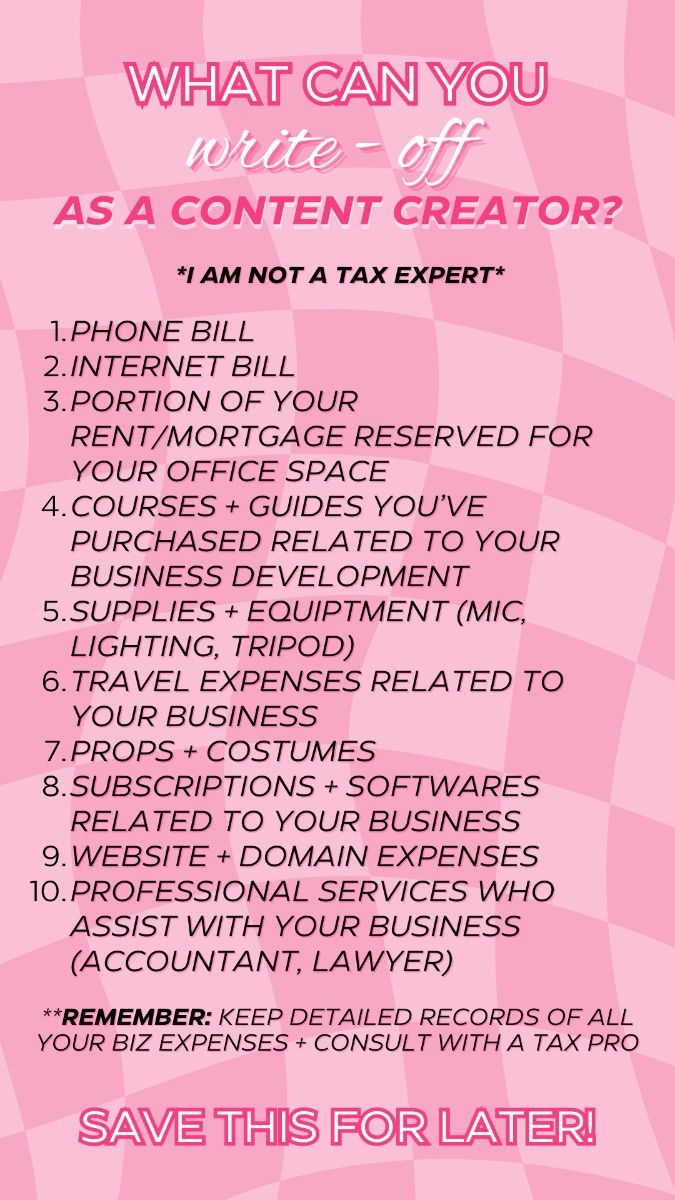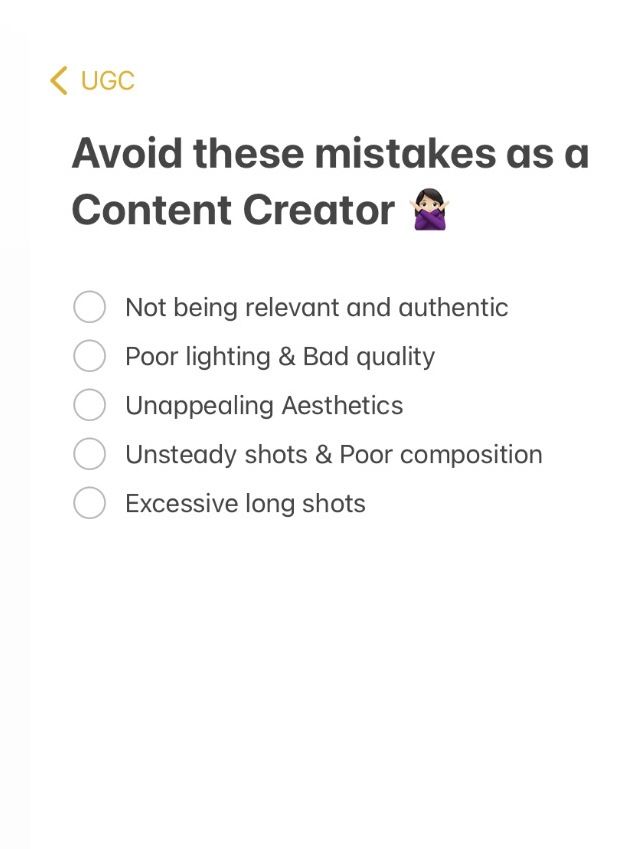
The internet, while offering incredible opportunities for connection and growth, can also be a breeding ground for negativity. Dealing with online negativity is crucial for protecting your mental health and well-being. This post will explore the nature of online negativity, its impact, and strategies for coping and building resilience.
1. Understanding the Nature of Online Negativity
- Defining online negativity and its various forms: Online negativity encompasses a wide range of behaviors, from rude comments and personal attacks to cyberbullying, harassment, hate speech, and the spread of misinformation. It can manifest in text, images, videos, and even memes.
- Reasons why negativity thrives on the internet: Anonymity, the lack of face-to-face interaction, and the rapid spread of information (and misinformation) can contribute to a less empathetic and more aggressive online environment. The perceived lack of consequences can embolden some individuals.
- The psychological impact of digital interactions on mental well-being: Online negativity can have a significant impact on mental health, leading to feelings of anxiety, depression, isolation, shame, and even post-traumatic stress. The constant exposure to negativity can erode self-esteem and create a sense of vulnerability.
- Real-life examples and case studies of online negativity: From targeted harassment campaigns to the spread of damaging rumors, real-life examples highlight the devastating consequences of online negativity. Case studies demonstrate the diverse ways in which individuals can be affected.
2. Recognizing the Signs and Effects of Online Negativity
- Common signs of being affected by online negativity: Changes in mood, sleep patterns, appetite, increased irritability, withdrawal from social activities, and persistent feelings of sadness or anxiety can all be signs that online negativity is taking a toll.
- Emotional, psychological, and physical symptoms: The effects of online negativity can manifest in various ways. Emotionally, you might experience feelings of anger, fear, or humiliation. Psychologically, you might struggle with self-doubt and negative thoughts. Physically, you might experience headaches, stomach problems, or fatigue.
- Personal stories and testimonials: Hearing the stories of others who have experienced online negativity can be validating and help you realize you’re not alone.
- Long-term effects on mental health and self-esteem: Unaddressed online negativity can have long-term consequences for mental health, leading to chronic anxiety, depression, and low self-esteem.
3. Developing Resilience and Coping Strategies
- Strategies to build mental resilience in digital spaces: Building resilience involves developing coping mechanisms and strategies for managing online negativity. This can include setting boundaries, practicing self-care, and cultivating a strong support system.
- Practical tips for dealing with trolls and negative feedback: Avoid engaging with trolls. Don’t feed the fire. Block or mute users who are being abusive. Focus on constructive criticism and learn to filter out the rest.
- The role of mindfulness and meditation in managing stress: Mindfulness and meditation can help you regulate your emotions and manage stress in the face of online negativity.
- Finding and fostering positive online spaces: Seek out online communities that are supportive and positive. Connect with people who share your values and interests. Cultivate a positive online environment by spreading kindness and support.
4. Seeking Help and Supporting Others
- Knowing when to seek professional help for mental health: If you’re struggling to cope with online negativity and it’s impacting your daily life, don’t hesitate to seek professional help. A therapist or counselor can provide you with the tools and support you need to heal.
- Resources and platforms offering support and counseling: Many organizations offer support and counseling for individuals affected by online negativity. Online resources, hotlines, and mental health apps can also be helpful.
- Strategies for being a supportive friend or ally online: If you see someone being targeted by online negativity, offer your support. Let them know they’re not alone. Report abusive behavior and stand up to cyberbullying.
- Creating community-driven initiatives for positive change: We can all play a role in creating a more positive online environment. Start or join initiatives that promote kindness, respect, and digital well-being. Educate others about online safety and responsible digital citizenship. By working together, we can create a safer and more supportive online world.

It’s important to remember that many individuals choose not to publicly discuss their experiences with online harassment due to privacy concerns, fear of further retaliation, or simply wanting to move on. However, here are a few examples of South Asian creators and bloggers who have faced online threats and some of the ways they responded:
- Lilly Singh (@iisuperwomanii): A Canadian-Indian YouTuber, comedian, and actress who has spoken openly about receiving racist and sexist comments online. She has often used humor to address these comments and has emphasized the importance of self-love and confidence in the face of negativity. She has also taken breaks from social media when needed to protect her mental health.
- Priyanka Paul (@artwhorereally): An Indian illustrator and artist who uses her work to address social issues. She has faced online harassment, including rape threats, for her feminist and anti-caste artwork. She has responded by reporting the abuse, blocking users, and continuing to create art that challenges societal norms. She has also spoken about the emotional toll of online harassment and the need for better online safety measures.
- Aasif Mandvi: An Indian-American actor and comedian who has spoken about receiving Islamophobic and racist comments online, particularly after his appearances on “The Daily Show.” He has used his platform to speak out against hate speech and has emphasized the importance of allyship in combating online negativity.
It’s important to note that there is no one-size-fits-all approach to dealing with online threats. Some individuals choose to ignore or block the negativity, while others choose to speak out against it. The most important thing is to prioritize your mental health and well-being.
Here are some common strategies that South Asian creators and bloggers have used to deal with online threats:
- Ignoring or blocking: This is a common strategy for dealing with trolls and individuals who are simply trying to provoke a reaction.
- Reporting abuse: Most social media platforms have policies against hate speech and harassment. Reporting abusive behavior can help to protect yourself and others.
- Speaking out: Some individuals choose to publicly address online negativity in order to raise awareness and challenge harmful stereotypes.
- Taking breaks: It’s important to take breaks from social media when needed in order to protect your mental health.
- Seeking support: Talking to friends, family, or a mental health professional can be helpful in dealing with the emotional toll of online harassment.
It’s also important to remember that you are not alone. Many South Asian creators and bloggers have faced online threats, and there are resources available to help you cope.
No Responses